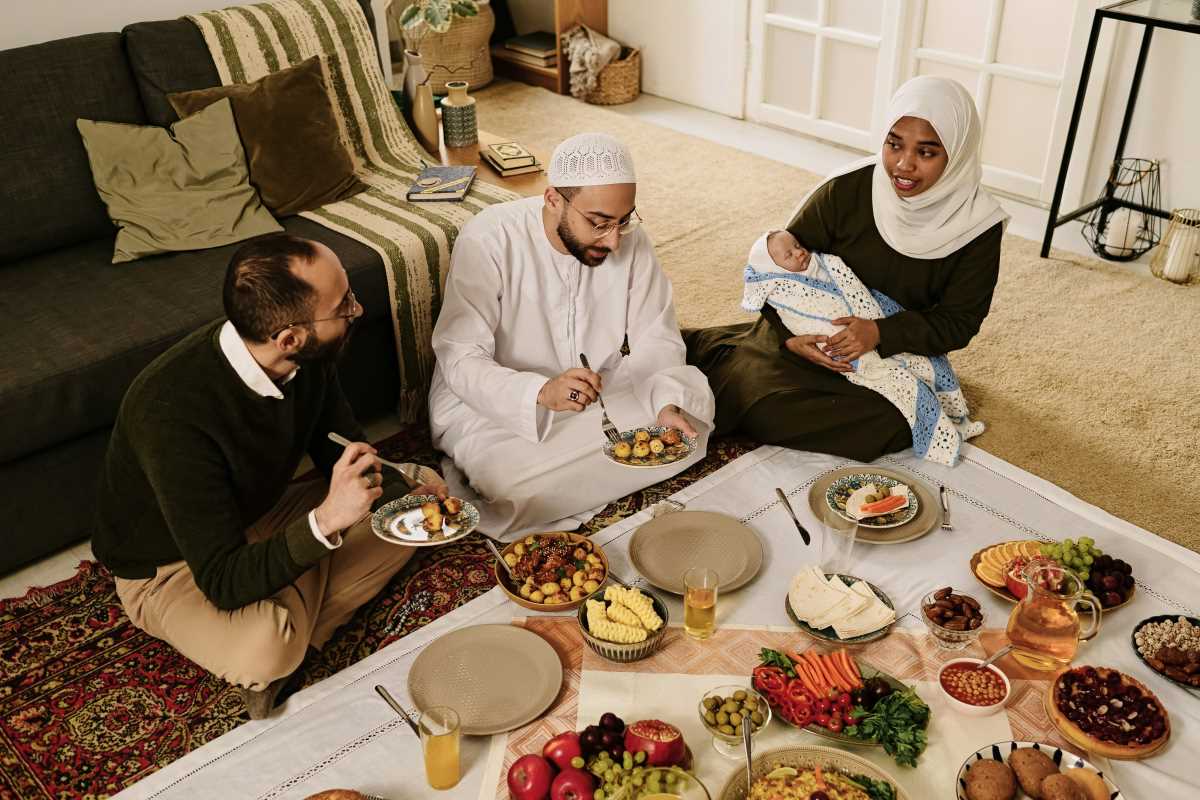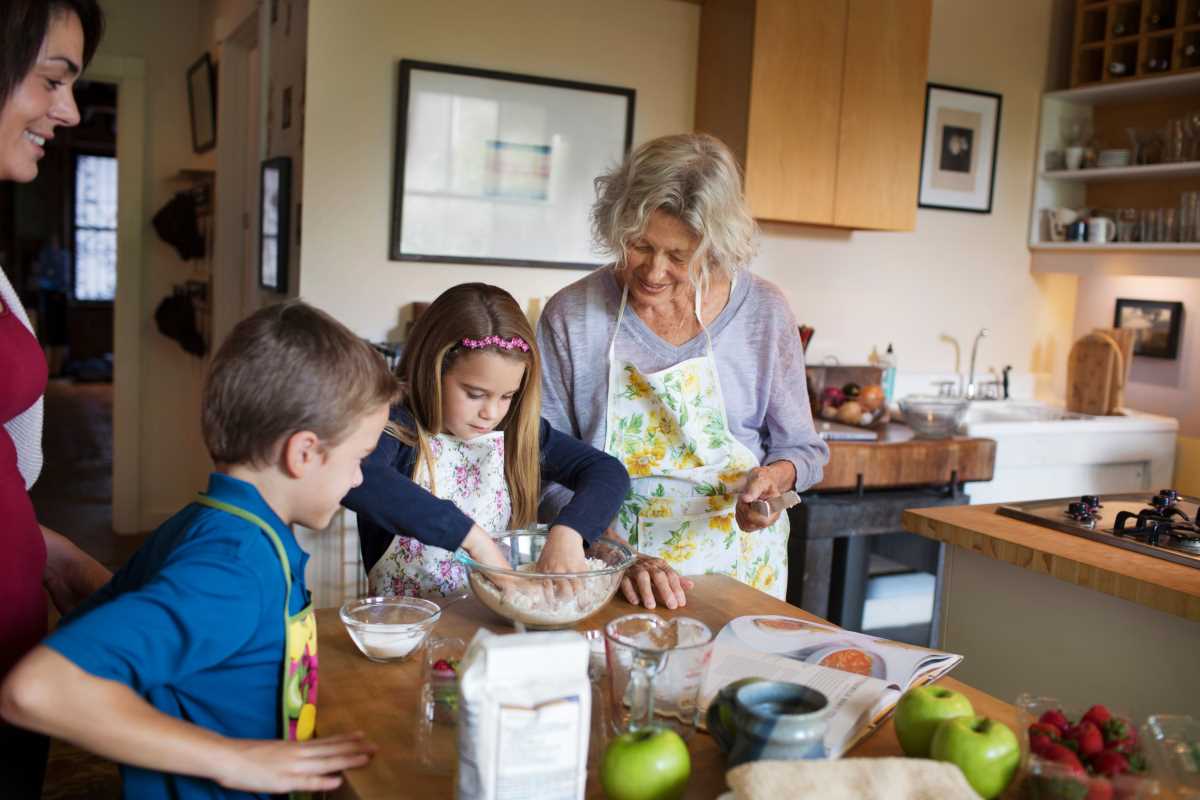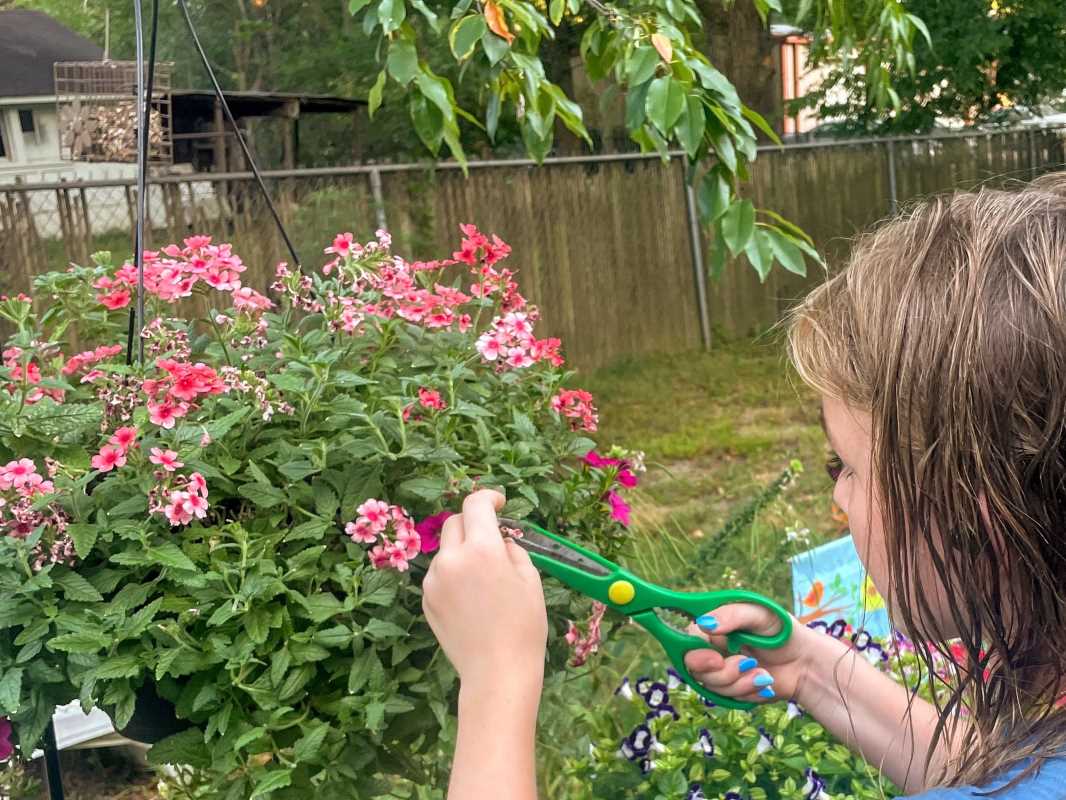Family traditions are more than just routines or activities that a family regularly engages in; they are the backbone of relationships, connecting generations, fostering unity, and creating lasting memories. From passing down recipes to celebrating holidays in a particular way, family traditions play a significant role in shaping family dynamics and strengthening bonds. The impact of these traditions on relationships cannot be overstated, as they provide a sense of belonging, identity, and continuity for family members. Let's delve into the profound influence of family traditions on relationships.
The Power of Shared Rituals
Family traditions often revolve around shared rituals that bring family members together and create a sense of unity. Whether it's a weekly family dinner, an annual vacation, or a holiday celebration, these rituals provide opportunities for family members to connect, communicate, and build memories together. For instance, a Sunday dinner can become a cherished time for everyone to share stories from their week, reinforcing connections. Shared experiences create a strong bond among family members, fostering a sense of belonging and solidarity. Research has shown that families who engage in regular traditions and rituals report higher levels of satisfaction and closeness in their relationships, making these shared moments invaluable.
Preserving Family History
Family traditions serve as a way to preserve and pass down family history, values, and customs from one generation to the next. By participating in traditions that have been passed down through the family, such as storytelling, cultural celebrations, or special ceremonies, family members connect with their roots and gain a deeper understanding of their heritage. These shared experiences not only enrich family life but also help foster a sense of pride and identity, creating a strong emotional tie that binds family members together. For example, sharing tales of ancestors during family gatherings can instill a sense of pride and belonging, emphasizing the importance of family history.
Creating Lasting Memories
Family traditions play a vital role in creating lasting memories that family members cherish for a lifetime. Whether it's a special birthday tradition, a yearly family reunion, or a holiday ritual, these shared experiences create a sense of continuity and stability for family members. Memories formed through family traditions serve as a source of comfort, happiness, and connection, strengthening the emotional bond between family members. For instance, a yearly holiday baking session can create not just delicious treats but also a trove of memories that family members will look back on fondly. Studies have shown that reminiscing about shared traditions can evoke positive emotions and increase feelings of closeness among family members.
Enhancing Communication and Connection
Engaging in family traditions provides opportunities for family members to communicate, connect, and strengthen their relationships. Whether it's gathering around the dinner table, participating in a family game night, or engaging in a shared hobby, these traditions create a supportive environment for open communication and bonding. Regularly engaging in traditions helps family members feel understood, appreciated, and connected, leading to stronger and more fulfilling relationships. For example, families who enjoy a monthly movie night can not only share laughs but also discuss important topics in a relaxed setting. Studies have shown that families who participate in traditions together report higher levels of trust, empathy, and closeness in their relationships.
Promoting Values and Beliefs
Family traditions play a crucial role in promoting and reinforcing family values, beliefs, and principles. Whether it's a tradition centered around giving back to the community, prioritizing quality time with loved ones, or celebrating cultural heritage, these rituals help instill important values in family members. For instance, volunteering together can not only strengthen bonds but also teach younger generations the importance of compassion and service. Participating in traditions that reflect shared values creates a sense of unity and purpose within the family, reinforcing the principles that are important to them. Research has shown that families who uphold traditions that align with their values report greater satisfaction and harmony in their relationships.
Building Strong Bonds Across Generations
Family traditions have the power to bridge generational gaps and foster strong bonds between family members of all ages. Whether it's grandparents passing down traditions to grandchildren, parents sharing childhood rituals with their kids, or siblings creating new traditions together, these intergenerational experiences create a sense of continuity and connection. Family traditions that span across generations promote understanding, respect, and appreciation for each other's perspectives, strengthening the bond between family members. For example, when a grandparent teaches a grandchild a family recipe, it not only preserves a tradition but also fosters communication and learning between generations. Studies have shown that families who engage in traditions that involve multiple generations report greater cohesion and closeness in their relationships.
 (Image via
(Image via





